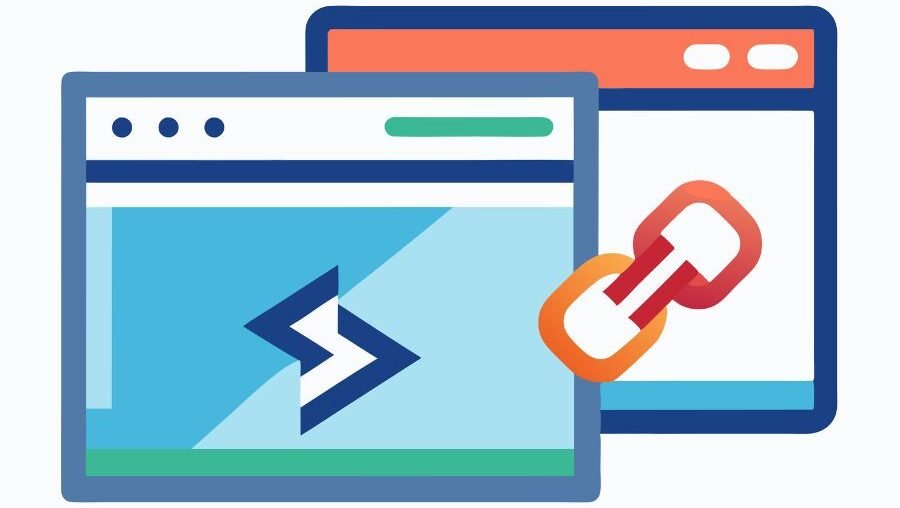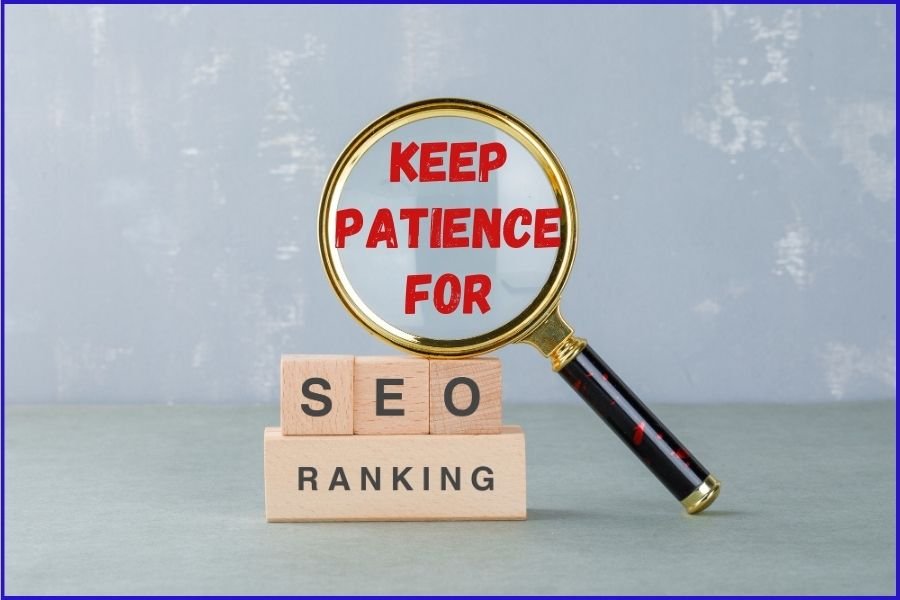8 Essential Technical SEO Tips to Boost Website Traffic
If you’re looking to drive more traffic to your website, technical SEO is a crucial aspect to master. While on-page and off-page SEO strategies focus on content and link-building, technical SEO ensures that your website is easily crawlable, indexable, and performs well for both search engines and users. In this article, we’ll walk you through 8 technical SEO tips that can help boost your website’s performance and increase your organic traffic.
What is Technical SEO?
Technical SEO refers to optimizing the technical aspects of your website to improve its visibility and performance in search engines. Unlike content-focused on-page SEO, technical SEO deals with the behind-the-scenes elements that ensure search engines can effectively crawl and index your site. It involves optimizing factors such as site speed, mobile-friendliness, security, and the proper configuration of your website’s architecture.
A strong technical foundation is essential because it helps search engines like Google understand your website better, resulting in higher rankings and increased traffic. Now, let’s explore 8 technical SEO tips that you can apply to your website for improved performance and visibility.
Optimize Website Speed
Website speed is one of the most critical factors in technical SEO. Not only does it impact your search engine rankings, but it also plays a huge role in user experience. A slow-loading website can lead to higher bounce rates, causing potential visitors to leave before they even get a chance to explore your content.
To improve your website speed:
- Minify CSS, JavaScript, and HTML: This removes unnecessary characters and spaces in the code, helping pages load faster.
- Compress images: Use tools like TinyPNG or ImageOptim to reduce image file sizes without compromising quality.
- Enable browser caching: Caching stores static files, allowing returning users to load your pages more quickly.
Faster load times mean happier visitors and better rankings, making it one of the most important technical SEO tips for boosting your website’s traffic.
Ensure Mobile-Friendliness
With Google’s mobile-first indexing, ensuring your website is mobile-friendly is no longer optional—it’s a necessity. This means that Google primarily uses the mobile version of your website for ranking and indexing purposes. If your site isn’t optimized for mobile, you’ll likely see a drop in rankings and traffic.
To make your website mobile-friendly:
- Use responsive web design: Ensure your website automatically adjusts to fit any screen size, whether it’s a desktop, tablet, or smartphone.
- Optimize for touch: Make sure buttons and links are easy to tap on small screens.
- Use Accelerated Mobile Pages (AMP): AMP speeds up mobile pages, offering a faster and smoother experience for users.
Mobile optimization is a crucial technical SEO tip that will significantly increase your chances of ranking higher and driving more traffic to your site.
Fix Crawl Errors
Crawl errors occur when search engines have trouble accessing your website. If search engines can’t crawl your pages, they can’t index them, which means those pages won’t appear in search results. Regularly checking and fixing crawl errors is essential for maintaining a healthy website.
To identify and fix crawl errors:
- Use Google Search Console to monitor your website for crawl errors.
- Check the “Coverage” report to see which pages have issues and resolve them.
- Ensure your robots.txt file and sitemap are configured correctly to guide search engines through your site without issues.
Fixing crawl errors ensures that your content is accessible and indexable, which can help improve rankings and traffic.
Use Structured Data Markup (Schema)
Structured data, or schema markup, helps search engines understand the content on your website better. It’s a piece of code that you can add to your website to provide more context about your content. Implementing schema markup can enhance your search results with rich snippets, increasing your website’s visibility and click-through rates.
Some examples of schema markup include:
- Product details for eCommerce sites
- Event information for event organizers
- Recipe details for food bloggers
By using structured data, you’re giving search engines more information to work with, which can lead to improved rankings and a potential boost in traffic.
Optimize XML Sitemap
An XML sitemap is like a roadmap for search engines, guiding them through all the important pages on your website. A well-optimized sitemap ensures that search engines can easily crawl and index your site, which is essential for maintaining strong technical SEO.
When creating an XML sitemap:
- Include only the important pages (e.g., blog posts, service pages, product pages).
- Ensure that all URLs in the sitemap return a 200 HTTP status code.
- Submit your sitemap to Google Search Console and update it regularly as your website grows.
A properly optimized XML sitemap is one of the most fundamental technical SEO tips, as it helps search engines index your pages more efficiently.
Implement SSL (HTTPS)
Website security is an increasingly important factor for both users and search engines. Google prioritizes websites that use SSL certificates (HTTPS), and if your site isn’t secure, it could negatively impact your rankings and traffic. An SSL certificate encrypts the data transmitted between a user’s browser and your website, ensuring secure communication.
To implement SSL:
- Purchase an SSL certificate from a trusted provider or check if your hosting provider offers one for free.
- Update your website’s URL structure to use HTTPS instead of HTTP.
- Use 301 redirects to point all old HTTP pages to their new HTTPS counterparts.
Having a secure, HTTPS-enabled site is not just a technical SEO necessity—it also builds trust with your audience.
Fix Broken Links and Redirects
Broken links and incorrect redirects can harm both your user experience and your SEO. When visitors encounter broken links, they may leave your site, and search engines may penalize you for having a poor site structure.
To fix broken links:
- Use tools like Screaming Frog or Ahrefs to identify broken links.
- Implement 301 redirects for any outdated pages or links.
- Regularly monitor and update links as your site grows.
By fixing broken links and ensuring proper redirects, you can enhance user experience and improve your site’s SEO performance.
Optimize Robots.txt
Your robots.txt file controls how search engines crawl your website. A well-configured robots.txt file ensures that search engines only access the pages you want them to, avoiding unnecessary crawling and improving your site’s crawl efficiency.
When optimizing robots.txt:
- Avoid disallowing important sections of your website (e.g., your main content or blog).
- Ensure that pages like “thank you” pages, admin panels, or duplicate content are disallowed.
- Test your robots.txt file using Google’s robots.txt tester.
Proper robots.txt configuration is one of the final but essential technical SEO tips for improving your website’s performance.
FAQs: Frequently Asked Questions
What is technical SEO, and why is it important?
Technical SEO refers to optimizing the behind-the-scenes elements of your website to make it easier for search engines to crawl, index, and rank your site. It’s crucial for improving site performance, ensuring mobile-friendliness, fixing errors, and increasing your website's visibility in search engine results.
How can RK Media improve my website's technical SEO?
At RK Media, we provide comprehensive technical SEO services including optimizing site speed, ensuring mobile responsiveness, fixing crawl errors, implementing HTTPS, and more. Our strategies enhance your website’s crawlability and rankings, driving more organic traffic.
How does technical SEO differ from on-page SEO?
While on-page SEO focuses on optimizing visible content and keywords, technical SEO involves the backend elements like site structure, speed, security, and mobile-friendliness. Both are critical for improving your website’s overall search engine performance.
Why is website speed important for SEO?
Website speed is a key ranking factor for search engines like Google. Faster load times lead to a better user experience, reduced bounce rates, and improved search engine rankings, all of which contribute to more traffic.
How long does it take to see results from technical SEO improvements?
The timeline for seeing results depends on the scope of the improvements. However, most businesses can start seeing noticeable improvements in traffic and rankings within 3 to 6 months after implementing technical SEO strategies with RK Media.
Conclusion

At RK Media, we know that technical SEO is the foundation of a well-optimized website. By leveraging our expertise in implementing key technical SEO strategies, we ensure that your website performs seamlessly for both users and search engines. From optimizing site speed to securing your website with HTTPS, our technical SEO services are designed to help you implement the best technical SEO tips to boost your search rankings, improve visibility, and increase traffic. Let RK Media handle your technical SEO, and watch your website’s performance reach new heights!
Image Reference: Freepik
Disclaimer: All trademarks, logos, and brand names are the property of their respective owners. All company, product, and service names used in this website are for identification purposes only. Use of these names, trademarks, and brands does not imply endorsement.












